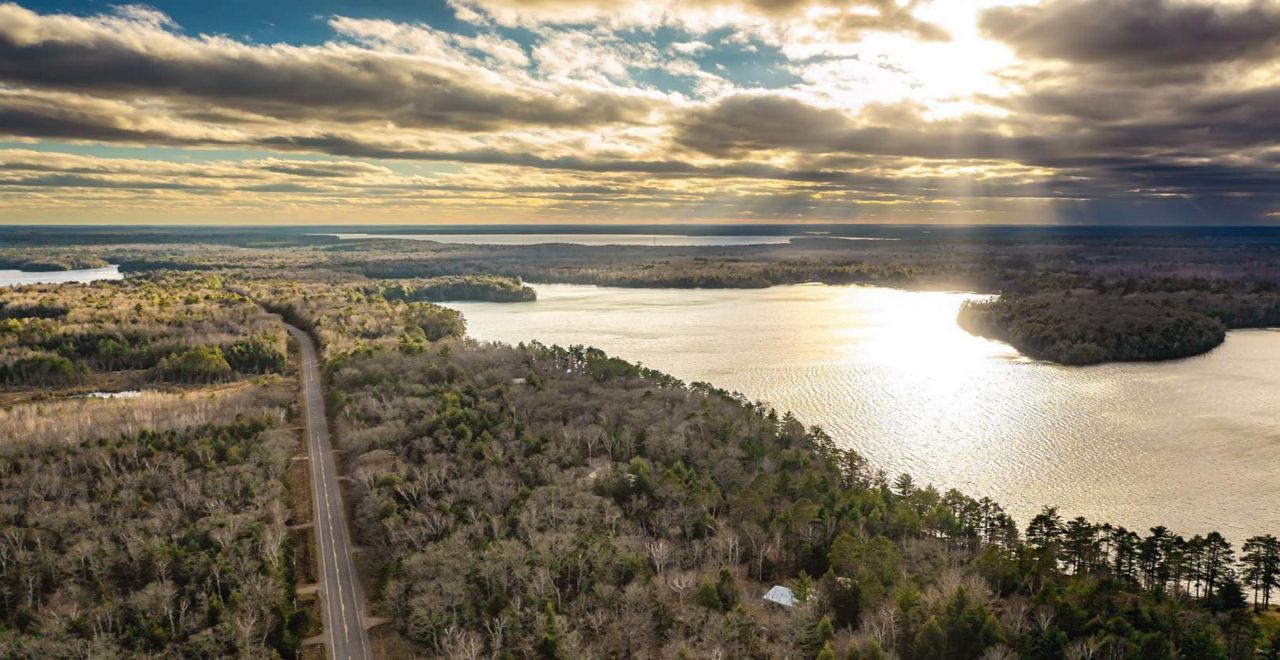WISCONSIN — Each season, the Wisconsin Department of Natural Resources collaborates with the Ojibwe tribes to uphold tribal rights, in which members of the tribes come out and harvest fish using high-efficiency methods.
With Ojibwe spring fishing season around the corner, the Wisconsin DNR wants to remind hunters that should they interfere with the protected tribal right to fish, they could face consequences.
“The Wisconsin DNR fully supports Ojibwe sovereignty and treaty rights,” said Wisconsin DNR Secretary Adam Payne. “We encourage tribal members to get out and exercise their treaty rights. Likewise, we remind the public that it is illegal to interfere with this right and have zero tolerance for harassment.”
The collaboration between the tribes and the Wisconsin DNR includes setting a safe harvest limit for every walleye and muskellunge lake in the Ceded Territory, which ensures the harvests don't affect each lake's fishery, according to the DNR.
“It’s against the law to interfere with tribal members’ right to hunt, fish, and gather within the Ceded Territories,” said Attorney General Josh Kaul. “I join DNR Secretary Payne in calling for a peaceful and respectful spring tribal harvest season in Wisconsin.”
The spring tribal fish harvest begins in mid- to late-April and runs through May, typically starting in the southern portion of the Ceded Territory. It's not a dated activity, which means it's not an open or closed season.
The lakes Ojibwe tribal members fish a portion of the lakes outside of their reservation boundaries, as they rely on the lakes to preserve cultural heritage, as well as build a vital food source.
According to the Wisconsin DNR, when the Ojibwe ceded lands to the federal government in the mid-1800s, they still maintained the right to hunt, fish and gather off of their reservation land within the Ceded Territory. When Wisconsin became a state, some officials assumed that superseded Ojibwe treaty rights.
But then in 1983, a federal court ruling came down, reaffirming the Ojibwe rights. That included the right to catch fish by spearing and netting.
Illegally interfering with the fishing season includes "stalking, obstructing access to lakes, recklessly operating watercraft, creating hazardous wakes, threatening violence and committing acts of violence," according to the Wisconsin DNR. Those who violate tribal rights could be charged and fined up to $10,000, as well as up to nine months in prison.



